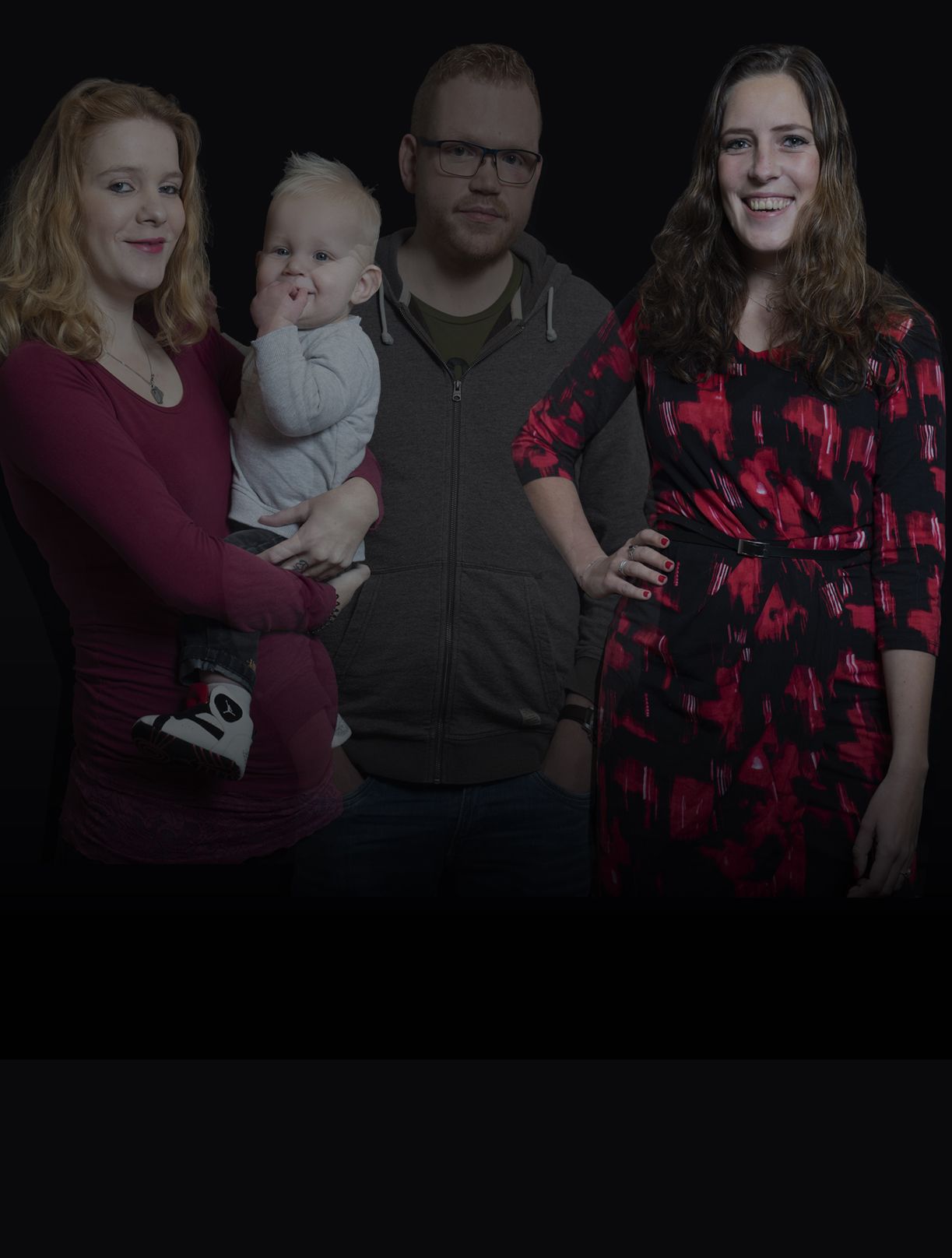Preventive child health care findings on early childhood predict peer-group social status in early adolescence
Purpose. A disputed social status among peers puts children and adolescents at risk for developing a wide range of problems, such as being bullied. However, there is a lack of knowledge about which early predictors could be used to identify (young) adolescents at risk for a disputed social status. The aim of this study was to assess whether preventive child health care (PCH) findings on early childhood predict neglected and rejected status in early adolescence in a large longitudinal community-based sample. Methods. Data came from 898 participants who participated in TRAILS, a longitudinal study. Information on early childhood factors was extracted from the charts of routine PCH visits registered between infancy and age of 4 years. To assess social status, peer nominations were used at age of 10–12 years. Results. Multinomial logistic regression showed that children who had a low birth weight, motor problems, and sleep problems; children of parents with a low educational level (odds ratios [ORs] between 1.71 and 2.90); and those with fewer attention hyperactivity problems (ORs = .43) were more likely to have a neglected status in early adolescence. Boys, children of parents with a low educational level, and children with early externalizing problems were more likely to have a rejected status in early adolescence (ORs between 1.69 and 2.56). Conclusions. PCH findings on early childhood—on motor and social development—are predictive of a neglected and a rejected status in early adolescence. PCH is a good setting to monitor risk factors that predict the social status of young adolescents.

